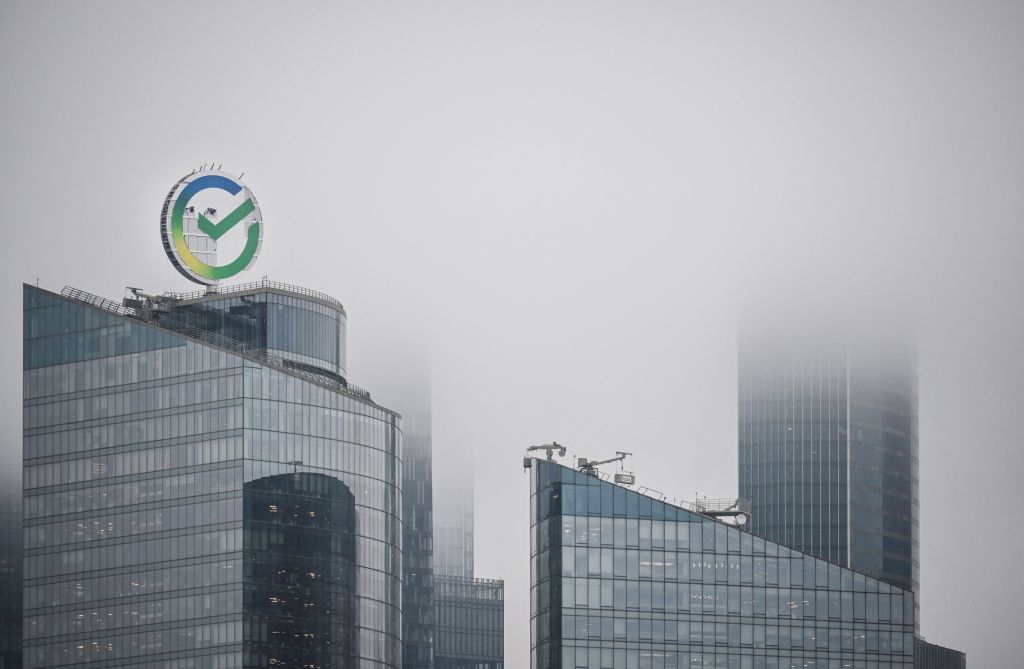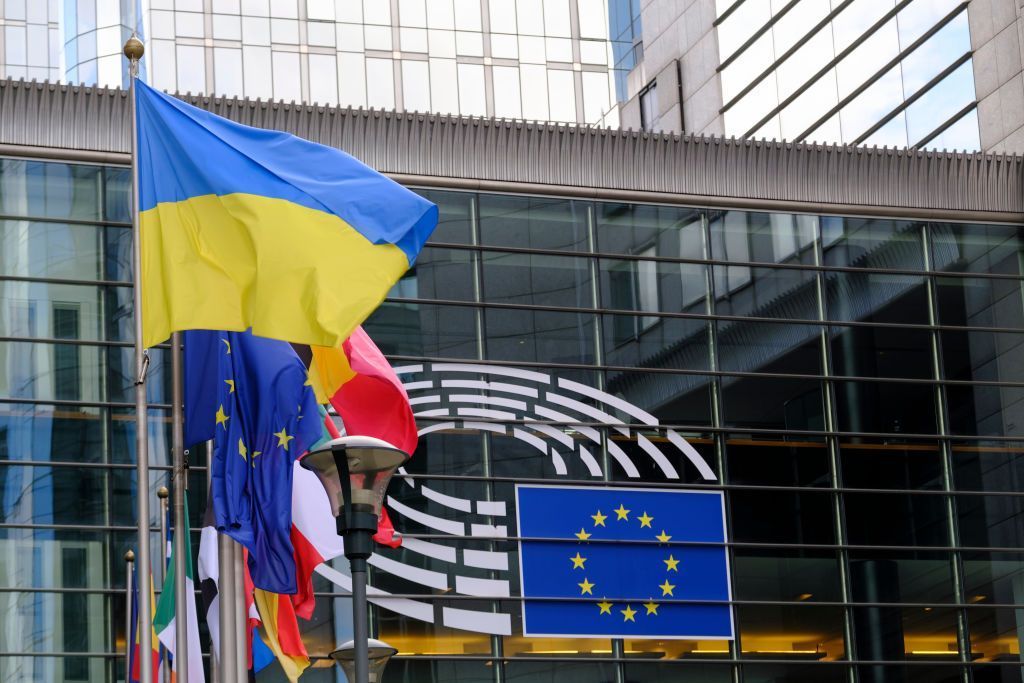Bloomberg: Tankers tied to Russian oil trade grind to halt amidst US sanctions.
A large fleet of oil tankers used to export Russian crude oil is grinding to a halt, potentially as a result of increased U.S. sanctions on the Russian oil market, Bloomberg reported on Feb.
13. Nearly half of the 50 tankers sanctioned by the U.S. Treasury back in October have not loaded cargo since they appeared on tracking sites.
The most recently impacted fleet, the Sovcomflot carrier NS Leader, was reportedly forced to turn around off the coast of Portugal when its owner was sanctioned by the U.S. while en route to the Russian port on the Baltic Sea. According to Bloomberg, 14 tankers carrying Russia's Sokol crude oil to India have been forced to either dither or anchor in the waters east of Singapore. Many of the tankers u-turned before reaching their final destinations.
In October, Washington applied sanctions against an entity over the violation of the price cap imposed by the U.S., the EU, the Group of Seven (G7), and Australia in December 2022. The group implemented a £60-a-barrel cap on Russian oil primarily to limit Moscow's revenue from seaborne crude flowing to global markets.
Russian banks post record profits. Is war helping them?
2022 heralded a new era for Russia's banks. Increasingly isolated from the global economy and laden with heavy Western sanctions, the sector saw profits fall by 90 percent compared to 2021. For Russia's technocrats, the future seemed dim.
Then came 2023. Russia's Central Bank announced last week

Russia's reliance on Western services such as shipping insurance initially gave the West leverage to enforce the price cap. This forced Moscow to offer discounts to its clients.
However, reports suggest that Russia has found ways to more successfully avoid the £60-per-barrel price cap. Moscow has allegedly built up a so-called "dark fleet" of oil tankers operating without Western insurance or other services, taking away the West's leverage. According to the Financial Times, almost three-quarters of Russian seaborne crude traveled without Western insurance in August.
Oil and gas export revenues represent roughly a third of Russia's total budget proceeds, crucially needed to sustain Russia's military. Despite Russia's strategies to decrease its dependency on Western shipping services, the average cost of Russian oil at the point of export is reportedly trading at an increasingly discounted price. It's not certain just how much the Russian oil market is being affected due to the industry's evasive tactics, but tracking can easily confirm that many of its oil tankers are seizing operations.
EU adopts 12th package of Russia sanctions
The newly adopted measures include a ban on Russian diamonds, a crackdown on Russia's means to acquire military-use goods, tighter controls over the £60-per-barrel oil price cap, and further steps targeting Moscow's revenue amid the all-out war.
